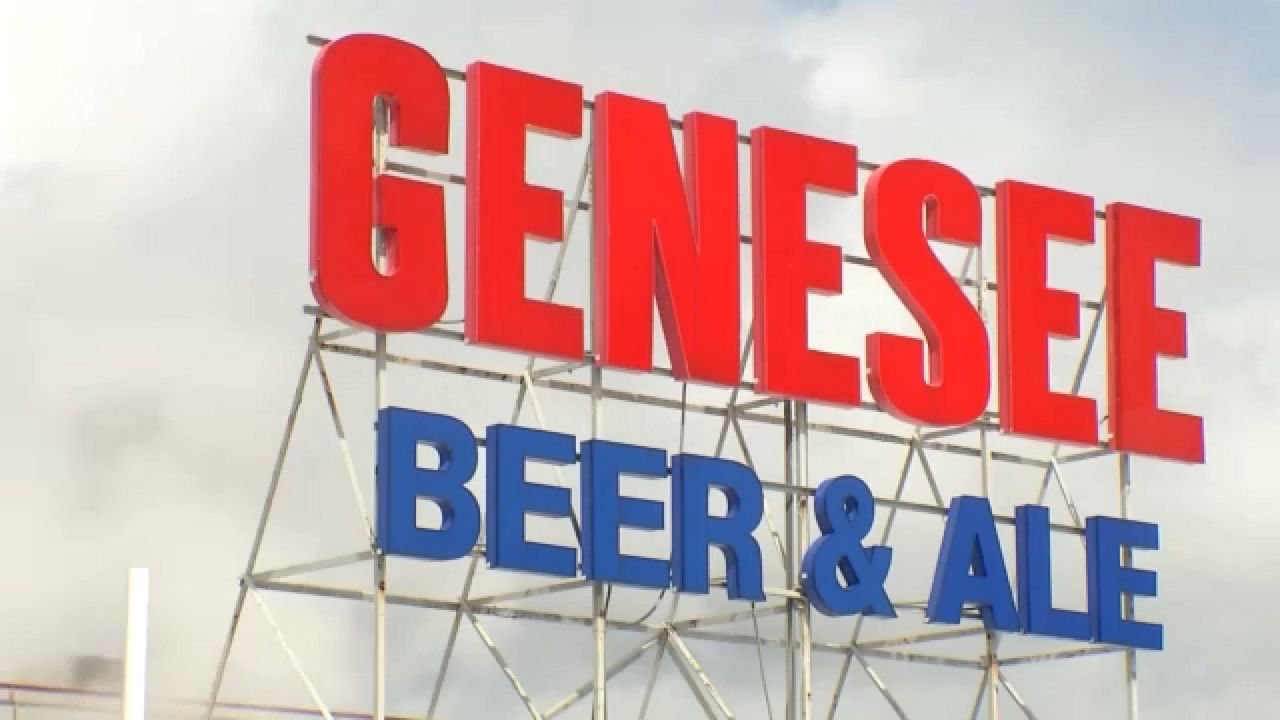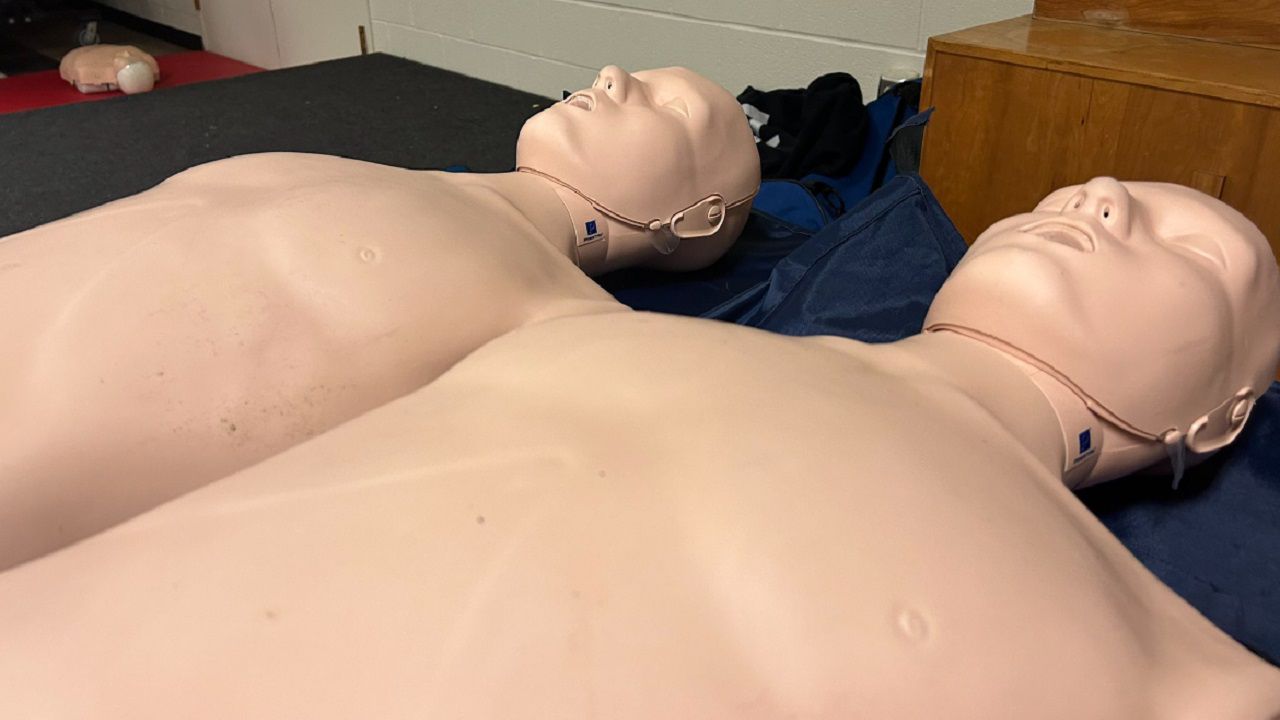Food banks across the U.S. are struggling to find solutions, after the United States Department of Agriculture (USDA) cut $1 billion in emergency food assistance.
In Rochester, the agency which supplies dozens of food pantries in the region hosted a meeting where the cuts became the main topic of conversation.
Hundreds of food pantry representatives heard discussions at a conference put on by Foodlink, the region’s major supplier to pantries. The agency says it's losing $655,000 in USDA funding. With grocery prices high and the economy uncertain, experts say the timing is not good.
“Families are hurting right now. Households, children, seniors,” said Julia Tedesco, Foodlink president and CEO. “We have seen increases in every single demographic.”
Tedesco says the funding loss amounts to about 17 truckloads of food that will not make it to Foodlink and the many food pantries it serves.
“That's going to have a big impact in our community,” she said.
Providers worry the cuts will mean less food on their shelves. Deb MacLean manages Geneseo/Groveland Emergency Food Pantry, which last month served double the numbers it did just a month before.
“We’re seeing an increase in demand,” said MacLean. “A lot of families. A lot more new families.”
Vince Hall, chief government relations officer for Feeding America, joined the conference remotely. The charity does what its name says. While unemployment is low, the need at food banks is at a record high. Hall says it’s unprecedented.
“To have orders scheduled, to have delivery dates and product types on the food bank manifest, and then for those trucks to not show up and those pallets to disappear has created an extraordinary hardship for food banks all across the country,” said Hall.
Food bank operators say uncertainty only adds to the conundrum.
“You’re hearing a lot of, ‘this is going to get cut, that’s going to get cut,’” said MacLean. “But it hasn’t happened yet.”
Foodlink’s Tedesco says the gap in federal funding could be filled with community donations, both in food and in cash. But in a time of uncertainty, a lot remains up in the air.
“Right when families are hurting the most, to cut the amount of food getting to our community, it's going to have a drastic impact,” she said.
Also canceled is $500 million in already approved funding for the Emergency Food Assistance Program (TEFAP), which helps food banks and other emergency food providers.
Buffalo-based FeedMore WNY said it received $4 million worth of food last year in TEFAP food purchases funded through the Commodity Credit Corporation (CCC), which have been canceled.
It said the termination of the funding will significantly impact its work to meet an increasing demand for food assistance at partner food pantries, soup kitchens and other agencies.
"In terms of the immediate impact, FeedMore WNY learned that twelve pending CCC orders, for delivery between May and August 2025, were canceled. Those twelve orders consisted of truckloads of food including chicken, turkey, pork, cheese, and eggs," a FeedMore WNY statement read.











